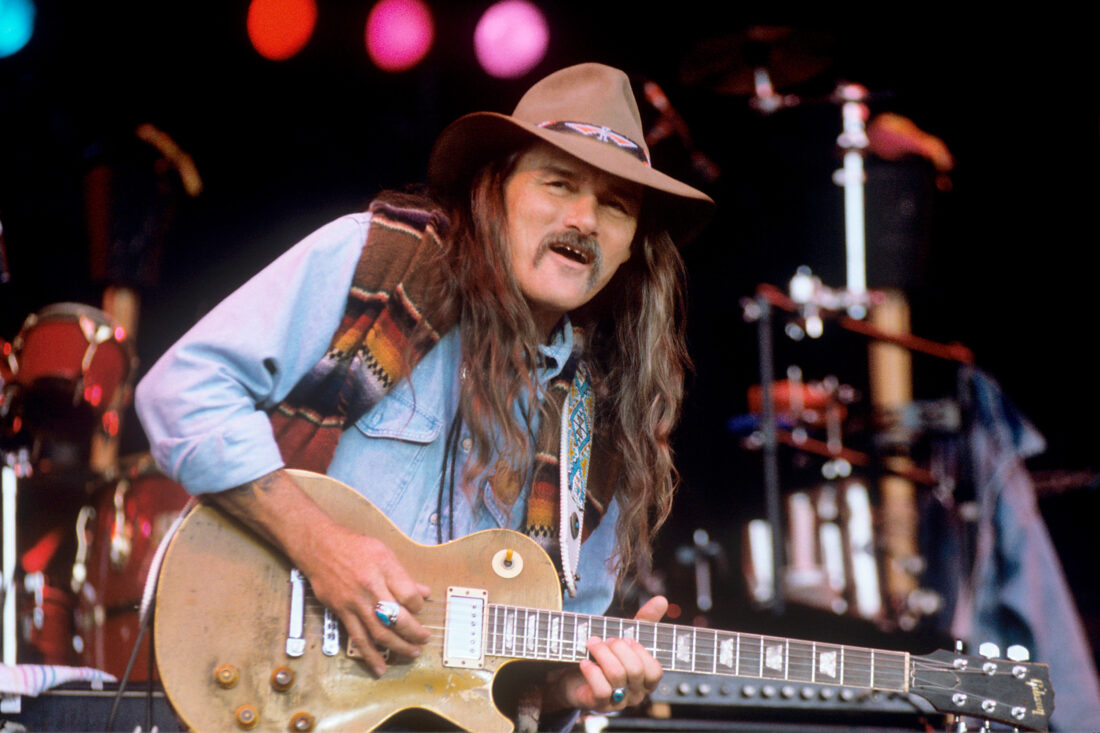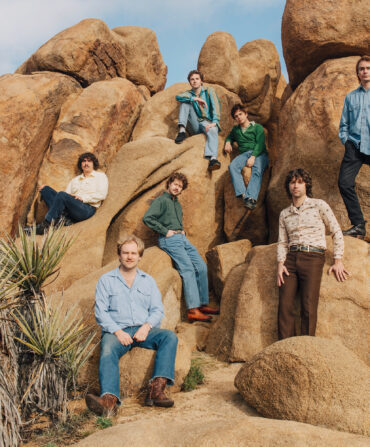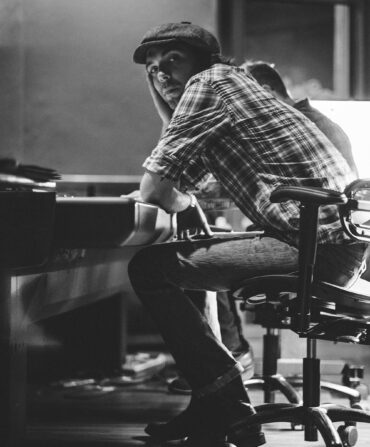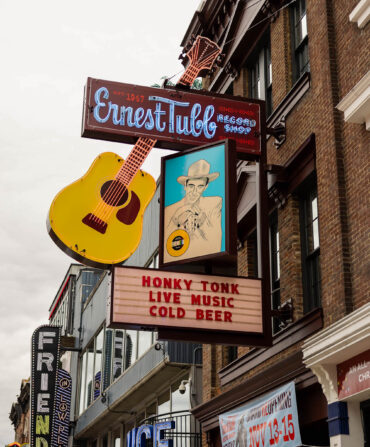Like many music legends, the Allman Brothers Band grew into their stature. It wasn’t until their third album, 1971’s At Fillmore East, that the Macon, Georgia–based ensemble rocketed to fame, fueled by the fiery dual guitars of Duane Allman and Dickey Betts. Following Duane’s tragic death that year in a motorcycle accident at twenty-four, his bandmates, reeling but determined, decided to play on. Betts stepped up as lead guitarist and a driving creative force, penning some of the group’s most beloved tracks, including “Blue Sky,” from 1972’s seminal Eat a Peach, and the hit “Ramblin’ Man.”
In the wake of Betts’s death on Thursday at age eighty, voices across the industry paid tribute to the longtime Southern rock pillar. One of them is Chuck Leavell, who joined the Allman Brothers Band in 1972. That’s Leavell’s rollicking piano solo on “Jessica,” another classic Betts composition.
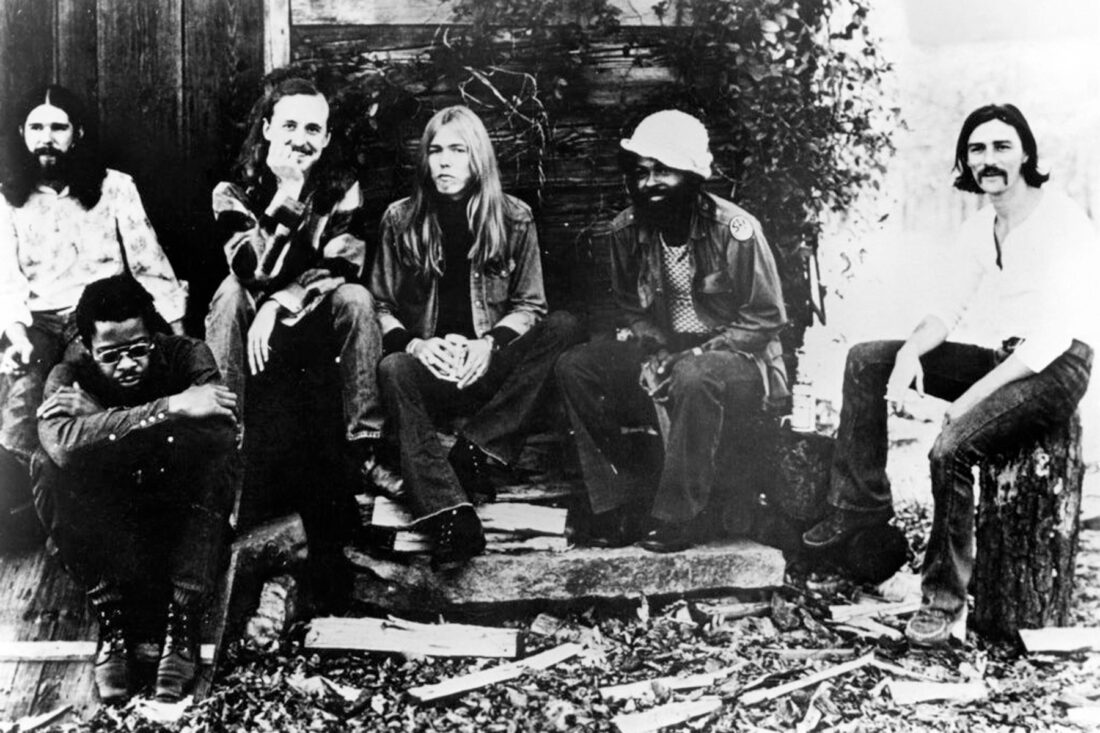
“‘Jessica’ was a wonderful musical vehicle for a twenty-year-old piano player who had just come into the band,” says Leavell, who spoke to G&G from rehearsals for an upcoming tour with the Rolling Stones. “It was written when he was watching his toddler daughter, Jessica, playing in his house while listening to the great Django Reinhardt, a famous gypsy jazz guitarist from the 1930s. Django had a very bouncy style of playing rhythms, and Dickey picked up on that and came up with the intro to the song, and from there created the melody. It has become a signature song for me, and I never tire of playing it.”
Leavell recalls a bonding experience the two shared on a tour stop in Tulsa in 1973: “I was freshly married to my wife, Rose Lane, and Dickey had recently married a Native American woman, Sandy Blue Sky. We had a few days off in Tulsa, and Dickey called me up and asked if we would like to join him and Sandy on a trip to a Native American reservation not too far away.” At the reservation, the foursome attended ceremonies and met a Cherokee chief, who shared the story of the Trail of the Tears through a translator. “It is one of the strongest memories I have,” Leavell says, “and I will always be grateful to Dickey for inviting us.”
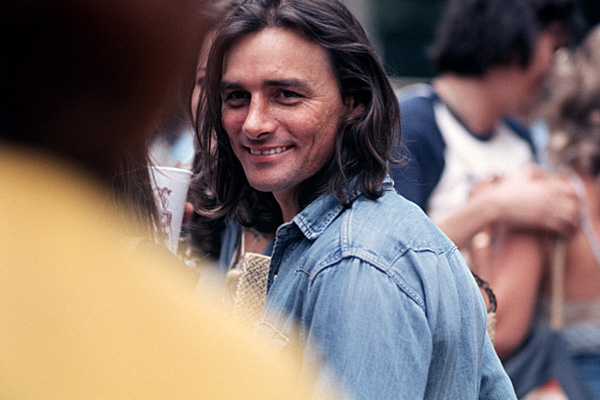
Allman Brothers’ manager Bunky Odom remembers well the leadership Betts exhibited to pull the band together after the loss of two members. (Bassist Berry Oakley died in a motorcycle accident a year after Duane.) “Dickey Betts led the way as a lead guitarist during the most difficult period of the Allman Brothers’ career. He grew into that role, and he never, never backed down,” Odom says. “Very few musicians have that leadership, and he had it onstage and off. ‘Get on my back and let’s go’—that’s how I would describe it. He was a quiet person at times, and who he was shows in his music. And not many people know this, but Dickey could yodel.”
Guitarist Warren Haynes, who joined the band when they reformed in 1989, posted his own heartfelt tribute to Betts on X. “By the time the Live at Fillmore East record came out in 1971, I was just starting to play guitar, and that was without question the album that influenced me and all my young guitar-playing friends the most,” he wrote. “We would all listen to it for hours on end, day in and day out. It was a moment and time.” He didn’t know he would one day join his “favorite band of all time” and play alongside Betts. “It was amazingly intimidating to stand there [next to Betts] night after night realizing how far I had to go. He threw me in the lake and I had to learn to swim.”
Betts’s influence extended throughout the Southern rock universe and beyond. “If you play electric guitar, whether you know it or not, you are influenced by Dickey Betts,” says guitarist Sadler Vaden, a member of Jason Isbell’s band the 400 Unit. “Licks that you’re playing, Dickey’s gotten there before you.” On Friday night, at a show at Mississippi’s the Sound Amphitheater, Isbell, Vaden, and guest Luther Dickinson, of North Mississippi Allstars, played a rousing three-guitar salute to Betts with a version of his “In Memory of Elizabeth Reed” (watch below).
As Odom says, the world—not just the South—lost a great musician on Thursday. “The Allman Brothers were just a bunch of guys from the South playing music. And it worked. It’s still working to this day. I don’t know if there will ever be another band like them.”
Lindsey Liles, Jim Beaugez, and Dave Mezz contributed.
Also see: Hear a Musical Tribute to Dickey Betts from Son Duane


